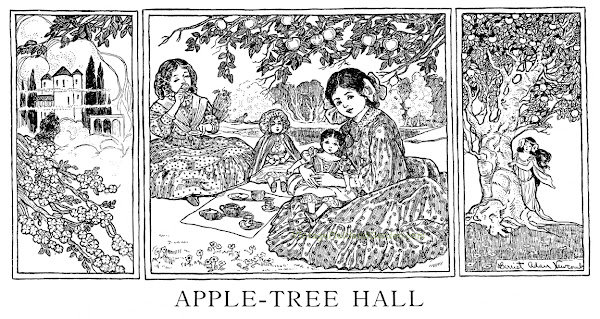A series of photographs from the early 20th century by Belgian artist Alfonse Van Besten (1865 - 1926). Van Besten was a painter and many of his autochromes were taken with a "painterly eye." You can find many more of his autochrome photographs on the Belgian Autochromists website here.
A garden to walk in and immensity to dream in ― what more could he ask? A few flowers at his feet and above him the stars.
― Victor Hugo, Les Misérables
What I've always found interesting in gardens is looking at what people choose to plant there. What they put in. What they leave out. One small choice and then another, and soon there is a mood, an atmosphere, a series of limitations, a world.
― Helen Humphreys, The Lost Garden
She wandered around Sally's garden, sipping coffee, stopping to admire the grevillea and talk to the chickens. As the warmth of the sun unknotted the tension in her spine, Alice noticed a lush alley of potted tropical plants alongside the house: monstera, bird of paradise, agave, staghorns and ferns. Alice was filled with a sense of wonder; it was a garden within a garden, so meticulous and well-tended in contrast to the wild beauty surrounding it. The sumptuous blends of greens. The varying, glossy foliage.
― Holly Ringland, The Lost Flowers of Alice Hart













